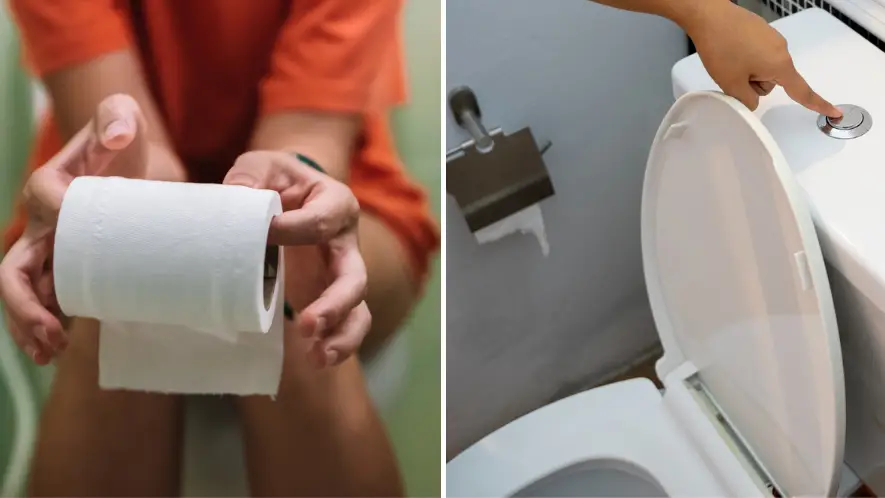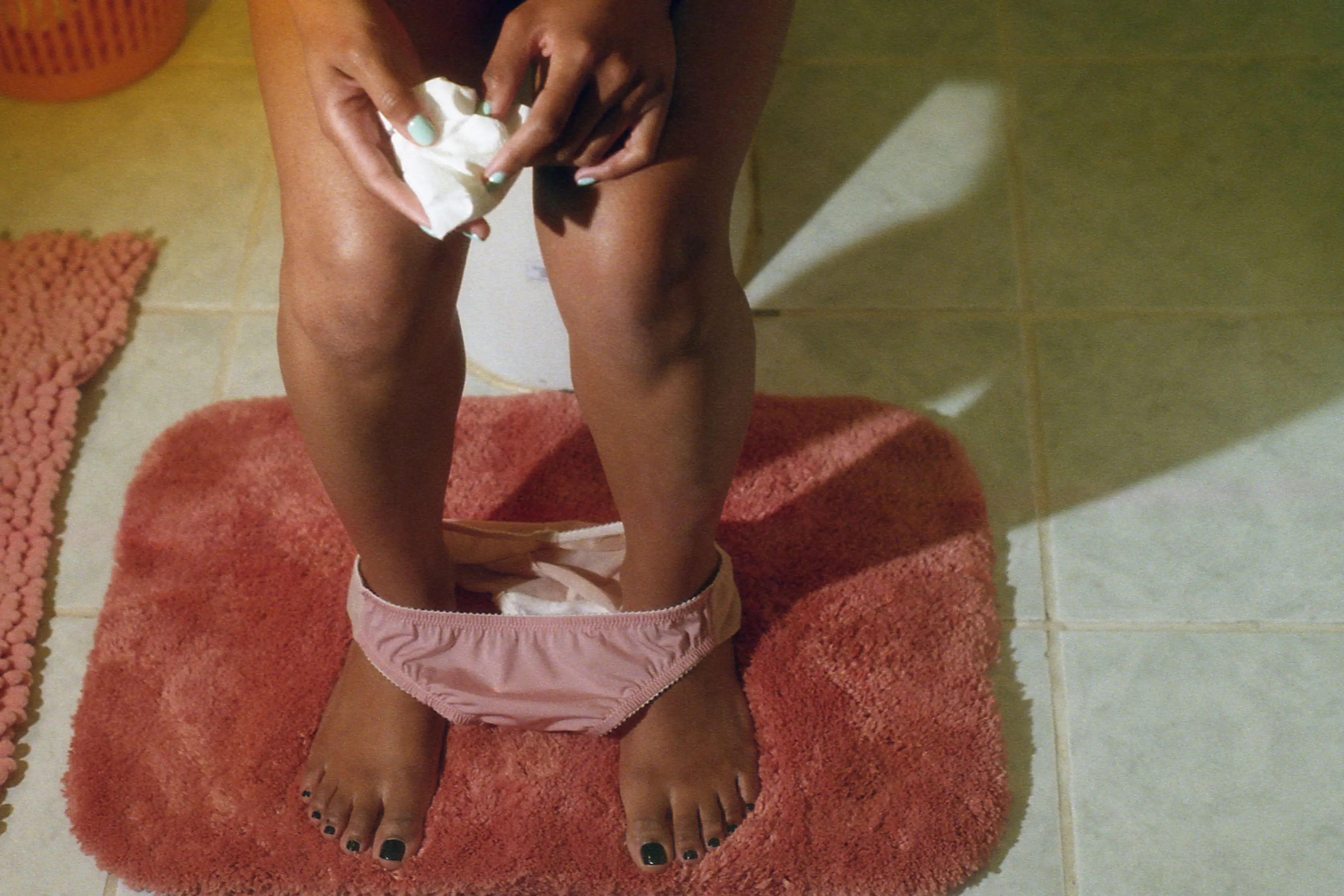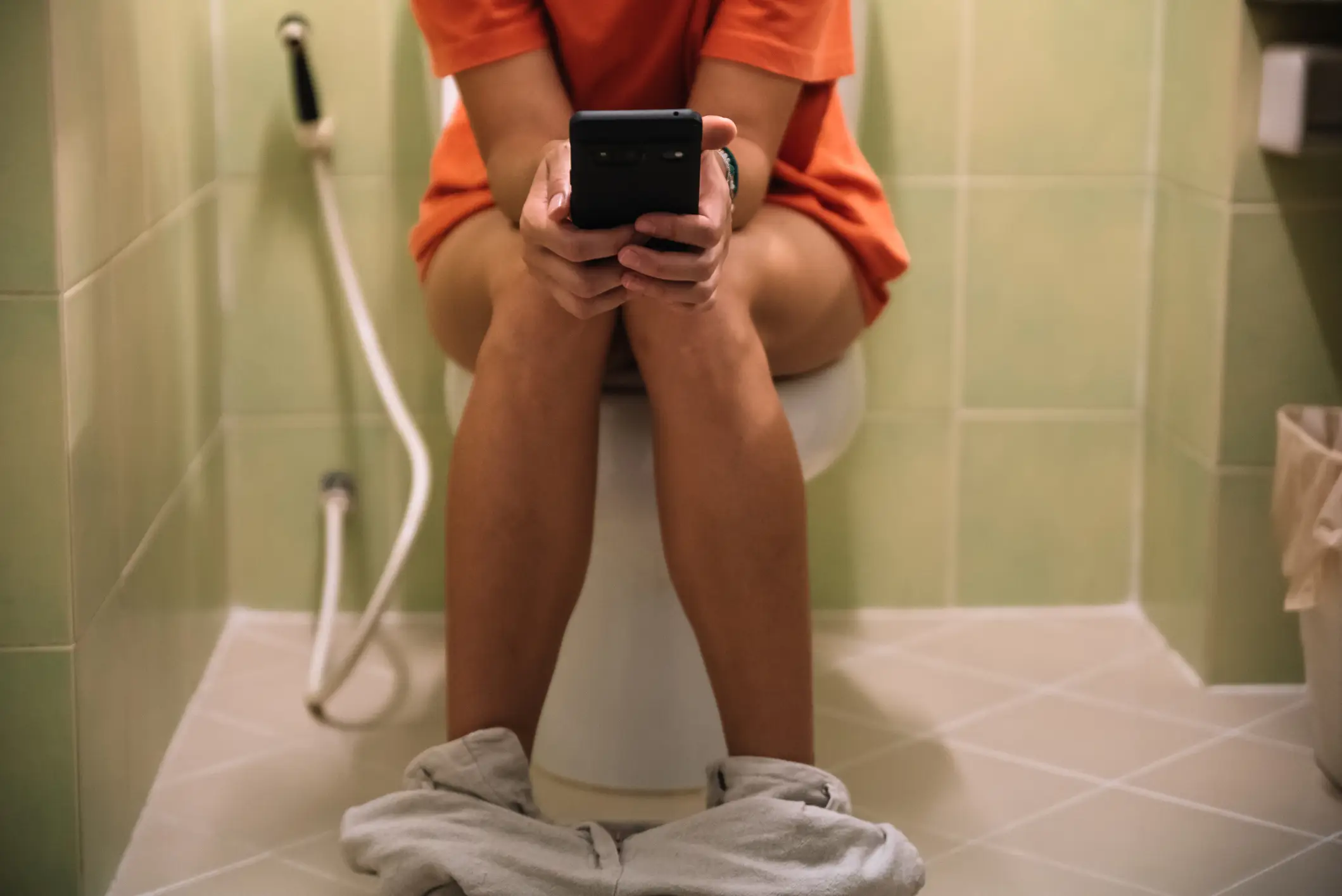
Right, everyone goes to the toilet.
Whether it's after your first coffee of the day or your last glass of wine for the night - having a wee is something we all do multiple times every single day.
Now, while it may seem like second nature now that we're past the stage of nappies, there's actually apparently rules when it comes to relieving yourself as scientists have revealed exactly why a '21 second rule' should always be followed when peeing for a pretty important reason.

Advert
The rule came about following a study conducted by a group of mechanical engineering students at the Georgia Institute of Technology.
In the study, the team of researchers analysed high-speed videos of animals of all different sizes peeing and coined the term 'The Law of Urination'.
What a lovely little phrase!
The students found that critters who weigh more than three kilograms (6.6 pounds) empty their bladders over about 21 seconds, while smaller animals such as rats took just a fraction of a second to empty their equally little bladders.
Stick with us.
Now, from these findings, the researchers were able to confirm that the duration of your wee was not just to do with bladder pressure - it's related to gravity as well, IFL Science explains.
The team wrote in the paper, which was published back in 2014: "How can bladders of both 0.5 kg and 100 kg be emptied in nearly the same duration? Larger animals have longer urethras, and so greater gravitational force driving flow.

"These long urethras increase the flow rate of larger animals, enabling them to perform the feat of emptying their substantial bladders over approximately the same duration."
OK, OK - so how does all of this relate to us?
Well, the findings have given us a rough guideline to stick to when it comes to how long we should be weeing for too with around 21 seconds being the optimum amount of time.
So, next time you're having a waz, maybe play the counting down as if you're urinating much longer or quicker, it could signify that you're either relieving yourself too often or holding in your wee for too long.
Doing the former could lead to something medically known as an 'overactive bladder' while holding in your wee for too long potentially leading to a UTI.
And that's not all as there's also an increased risk of kidney disease if you're an infrequent toilet-goer.
Oh yeah, and the there's the bladder ruptures to worry about too.
So, in short, pay attention to your pee as it could tell you a lot about your health.